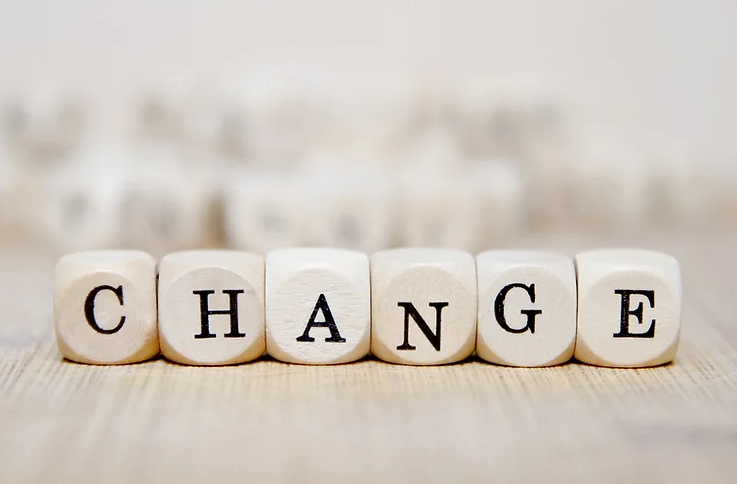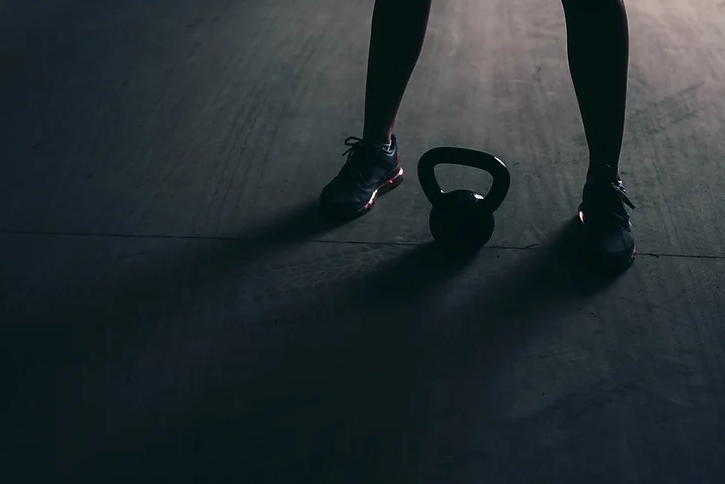When you want to succeed as bad as you want to breathe, then you’ll be successful- Eric Thomas
I know I’m late to the party, but I recently came across the book, “Who Moved My Cheese” and to be honest, my first attraction to the book was my love of cheese and thought it was a book about my great love. However, after going through this quick read (cheese is discussed, but not in the fashion I anticipated) it led me to a discussion with my peers about the importance of our minds and as young adults, if we are really taking charge of our thoughts and actions to harness the power that we hold.

In case you’re like me and really behind on the times, I’ll give a brief overview of the book. Otherwise, if you’re like the 99% of people who have read the book over the 20 years since it’s been out, go ahead and skip to the next paragraph. The book lays out 7 principles about change that are interwoven through a story of two mice that are simple and don’t overthink things and two “Littlepeople” who are more complex and emotion-driven (aka most humans). The cheese is metaphorical for the things we want in life, such as relationships or money or a good career. In the story, they go through a maze seeking the cheese (maze being a metaphor for where we look for what we want in life) and eventually find a bounty of cheese for them to eat everyday. The mice never fully get comfortable and are very observant of the change in the cheese they all are eating everyday, yet the “Littlepeople” move their homes close to the cheese, become more relaxed, and trust that the cheese will always be there. Spoiler alert: they eat it all. But instead of the “Littlepeople” realizing they ate it all, they believe it was taken from them and will eventually return. The mice, however, are like “cool, on to the next hunt!” and go back into the maze to seek more cheese. One of the “Littlepeople” gets the need to go back out into the maze to find more cheese, but is afraid while the other is stubborn to change and just wants to sit and wait for it to come back. Fast forward, the one “Littleperson” eventually goes back out and has a very enlightening journey to the new cheese location where the mice have been chillen for a longgg time basking in the cheese glory and we never fully know if the second “Littleperson” ever left their comfort zone. It lists the “Handwriting on the Wall” which are the 7 principles for success, mostly surrounding change, which is available via a Google search.

For me, this whole story points to the importance of our mindset and how it can be our greatest strength, taking us farther than we can ever imagine in life or our greatest weakness, as we subconsciously put barriers around our potential. It can propel us forward beyond our wildest dreams and it can hold us back from everything we hope to accomplish. Within the past couple of years, I’ve grown particularly interested in the ability to control my circumstances based on my mindset. I have realized that when I harness the power to take charge of what I have the ability to change, I can go from a crappy day to a good day, from bingeing shows lazily on my couch to aggressively working on my business on my computer. I’ll give an example.

I’ve always admired those who can get up in the morning and are “morning people”. Me, on the other hand, I’ll just say that I have a very inviting Posturepedic mattress. Additionally, I wanted to work on my health, especially since I was paying an absurd amount of money for a boutique gym in my town and I recently learned I have weak hips and thighs that cause my knee to dislocate/tear ligaments (real cool how your body turns on you like that). This meant going to the gym more often to strengthen my body, while trying to become slim thick. Realizing that my job is too unpredictable to ensure that I can make it to the gym after work, my next solution was to begrudgingly go in the morning before work (aka a 6:00am workout). Although this was not the preferred choice, I knew that if I truly wanted to work on being more productive in the morning, while also being able to go to the gym during the week, this was my only option. I had to stop making excuses because the only way I will accomplish what I need is if I do the work. My body won’t magically become stronger and more toned; I won’t gain the energy I am seeking by keeping the same routines; and if I wanted to get to work on time, I needed more productive mornings. I had to take charge of my mind and thereby my actions if this was something I really wanted to accomplish. This means I have to put my phone across the room, which also tackles improving my sleeping patterns since I’m not laying in bed with my phone at night. Having it across the room means I need to get out of bed and walk to the coffee table to turn off the alarm—but it doesn’t stop there. At this point, it’s very critical, because now, I can turn back to my bed and crawl back in to the inviting warm sheets or with my mind on my goals, decide at that moment to go to the bathroom and splash my face with water to wake up and get ready for the gym.

As a social worker in the education field, I am always trying to help my students focus on how they can work towards a growth-mindset. Unfortunately, the education system and the culture of society unknowingly grooms us to have these fixed mindsets, where we are afraid of challenges and failure. We want to be right and we want instant gratification. This isn’t a millennial thing, as much as everyone loves to preach that it is. You know that phrase, “Can’t teach an old dog new tricks”. Yes you can, but that dog doesn’t want to learn because they have a fixed mindset (not real dogs, obviously. I don’t know how old dogs function). If we are raised to be curious and hungry for growth, with an unwavering ability to be resilient and gritty, we would see far more success within our population. To be clear, this is not to include the hurdles many face based on factors they cannot control—I strongly believe we have TONS of work that needs to be done to have a more equitable society.

As my business is still emerging, I found myself struggling with motivation already. Then, a quote came across my mind that I haven’t thought about in a while: “When you want to succeed as bad as you want to breathe, then you will be successful”. This comes from a very motivating and powerful speech from Eric Thomas and it speaks allllll of the volumes. Despite the hurdles we may face in life, we have to ask ourselves, am I doing EVERYTHING in my power to reach my goal? Am I making sure that my mind is my greatest strength and not my greatest weakness? Am I breaking the barriers that not only society may be placing on me, but that I am putting on myself? Do I want to succeed as bad as I want to breathe? I’m interested in your thoughts! Let’s have a chat below.
Note: when I use the term success and successful, I mean in the way one characterizes success in their life. I understand the subjectivity of it.
view + leave comments . . .